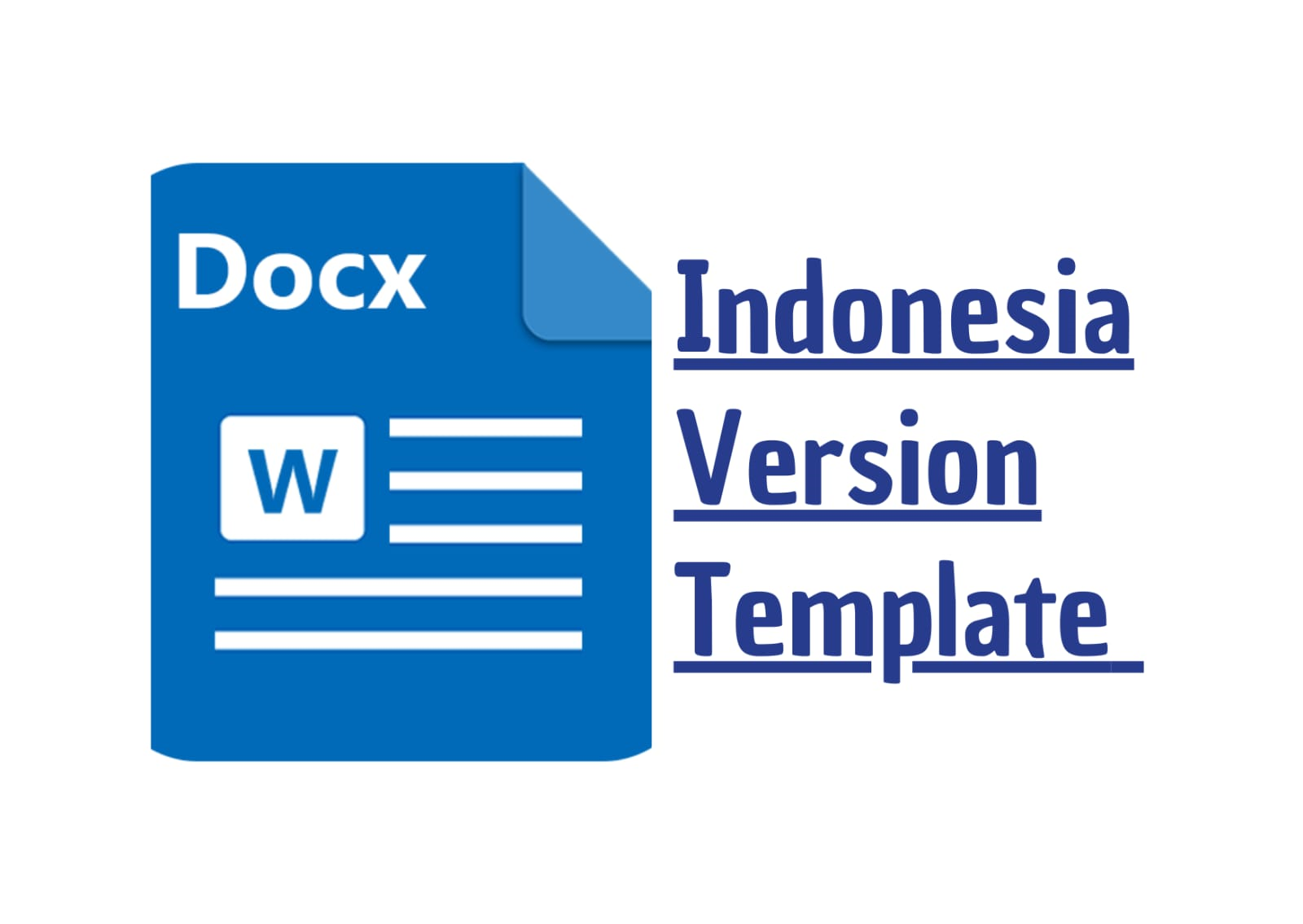Role of Law Enforcement in Implementing Action Against Recidivist Performers
Abstract
Crime is a social phenomenon that occurs in society, not a few criminals who have been sentenced to repeat crimes. The recidivist perpetrators are very disturbing to the community, so legal action must be taken against the perpetrators so that they perpetrators no longer commit crimes. This study aims to identify and analyze the factors causing the occurrence of recidivists and the efforts of law enforcement to tackle recidivist perpetrators. The method used in this paper is normative juridical. As for the study results that the factor causing the occurrence of recidivism is economic factors, criminologists and sociologists agree that the economy is the basic cause of crime. Currently, not a few criminals repeat their actions because of economic influence. Moreover, due to social and cultural factors, a person who is given a stigma or labeled a criminal will tend to commit a crime and repeat his actions. In addition to economic, social, and cultural factors, law enforcement factors also affect the occurrence of recidivists, and ineffective law enforcement will lead to repelling the tition of criminal acts. As for law enforcement efforts to prevent recidivists, namely with maximum guidance provided by prisons, this guidance can be in the form of providing spiritual guidance, care, and independence training are given to prisoners, so it is hoped that by being given guidance, prisoners who have served their sentences can return to socializing and join forces with others. Society as appropriate.
Downloads
References
Adyanti Pratiwi, S., & Nyoman Lemes, I. (2018). Pelaksanaan Pembinaan Narapidana Sebagai Upaya Mengatasi Timbulnya Residivis Dilembaga Pemasyarakatan Kelas IIB Singaraja. Kertha Widya; Jurnal Hukum, 6(1), 20–21.
Anwar, Y., & Adang. (2010). Hukum Tak Pernah Tidur Pergulatan Antara Manusia dan Hukum Dalam Jagat Raya yang Penuh Keteraturan. Asosiasi Ilmu Politik Indonesia (AIPI).
Bachtiar. (2018). Metode Penelitian Hukum. Unpam Press.
Dimas, A., Kahfi, A., & HL, R. (2019). Pelaku Residivis Tindak Pidana Pencurian Dengan Kekerasan. Alauddin Law Development (ALDEV), 1(1).
Eka Trisna Dewi, P. (2021). Penegakan Hukum Terhadap Residivis Tindak Pidana Pencurian Dalam Sistem Peradilan Pidana. Jurnal Huku Saraswati (JHS), 03(02), 1–9.
Enggarsasi, U. (2013). Pola Pembinaan Narapidana Dalam Memberikan Konstribusi Keberhasilan Pembinaan Narapidana Di Indonesia. Perspektif, 18(3), 163.
Jaya Hairi, P. (2018). Konsep dan Pembaruan Residivisme Dalam Hukum Pidana di Indonesia (concept and reform of recidivism in criminal law in indonesia). Jurnal Negara Hukum, 9(2), 199.
Lolita Sari, L. (2017). Pengaruh Harapan Terhadap Kecenderungan Residivis Pada Narapidana. Fakultas Psikologi, 36.
Maryanto, M., Rahmawati, D., & Rini, I. (2014). Pelaksanaan Pembinaan Yang Bersifat Kemandirian Terhadap Narapidana Di Lembaga Pemasyarakatan Kelas II B Slawi. Jurnal Pembaharuan Hukum, 1(1), 66.
Mubarok, N. (2015). Tujuan Pemidanaan Dalam Hukum Pidana Nasional dan Fiqh Jinayah. Jurnal Al-Qanun, 18(2), 302.
Muhaimin. (2020). Metode Penelitian Hukum. Mataram University Press.
Prasetyo, T. (2010). Hukum Pidana. Rajawali Press.
Rahmalia, S., Ariusni, & Triani, M. (2019). PENGARUH TINGKAT PENDIDIKAN, PENGANGGURAN , DAN KEMISKIAN TERHADAP KRIMINALITAS DI INDONESIA. Jurnal Kajian Ekonomi Dan Pembangunan, 1(1), 27.
Soesilo, R. (1993). Kitab Undang-Undang Hukum Pidana. Politeia.
Usman, S., & Zikru, M. (2017). Pemberatan Hukuman Terhadap Residivis dalam KUHP Ditinjau Menurut Hukum Islam. Legitimasi; Jurnal Hukum Pidana Dan Politik Hukum, 6(1), 43.
Wijayanto, D. (2014). Problematika Hukum dan Peradilan di Indonesia. Pusat Data dan Layanan Informasi Komisi Yudisial RI.
Downloads
Published
How to Cite
Issue
Section
License
Copyright (c) 2022 Anwar Nurjali, Iskandar Iskandar

This work is licensed under a Creative Commons Attribution 4.0 International License.




















